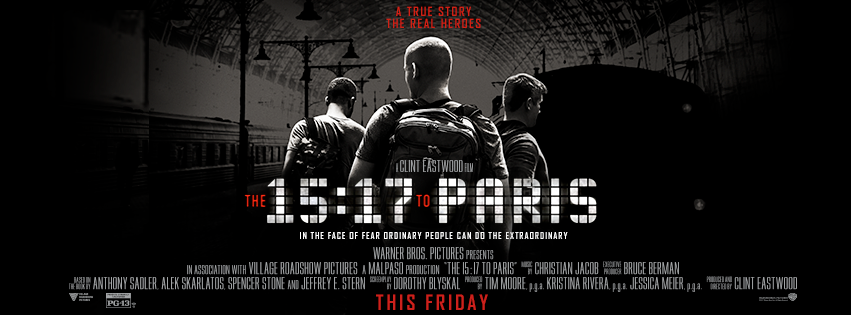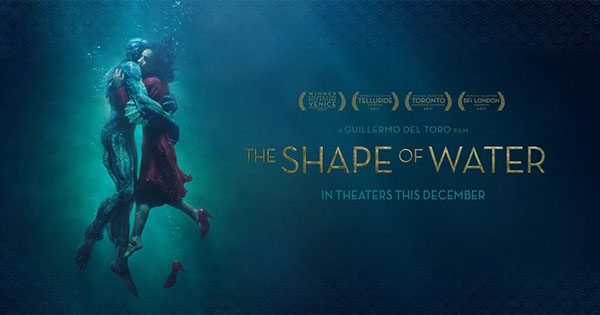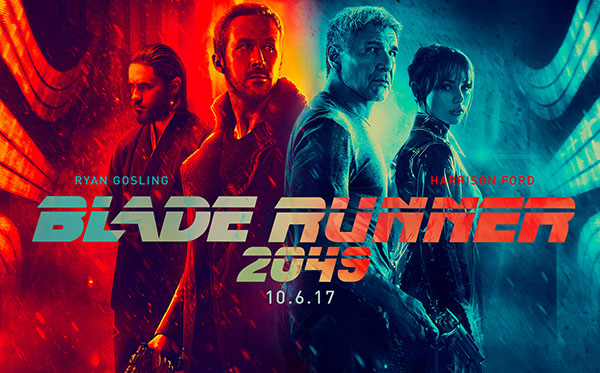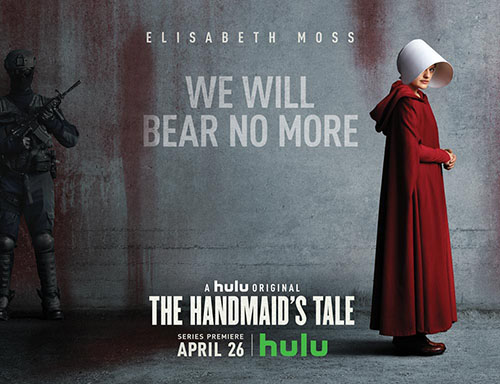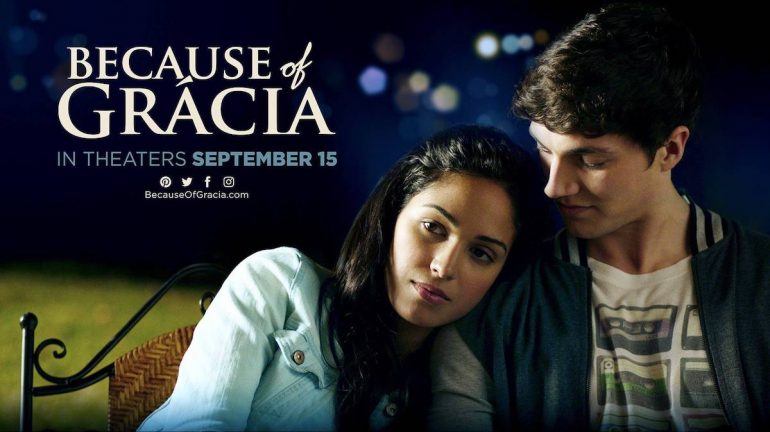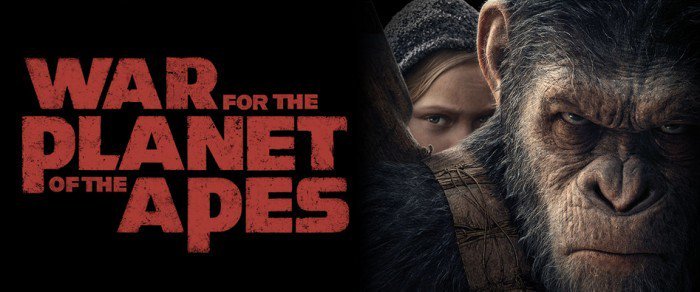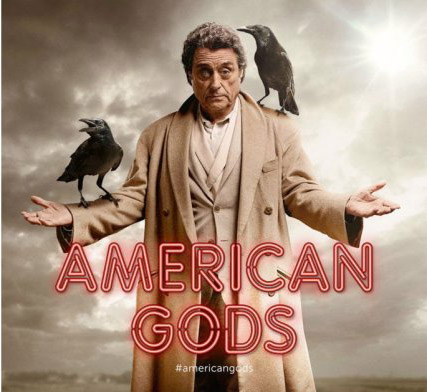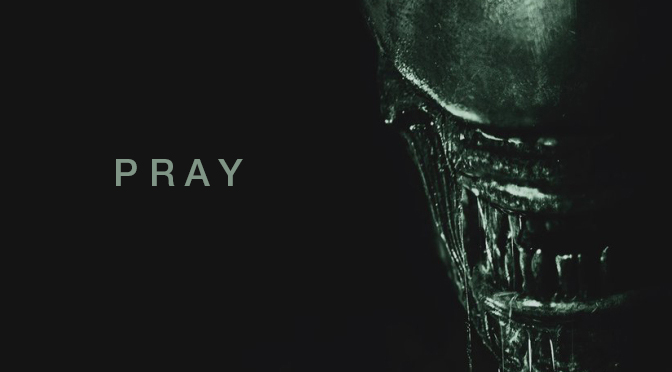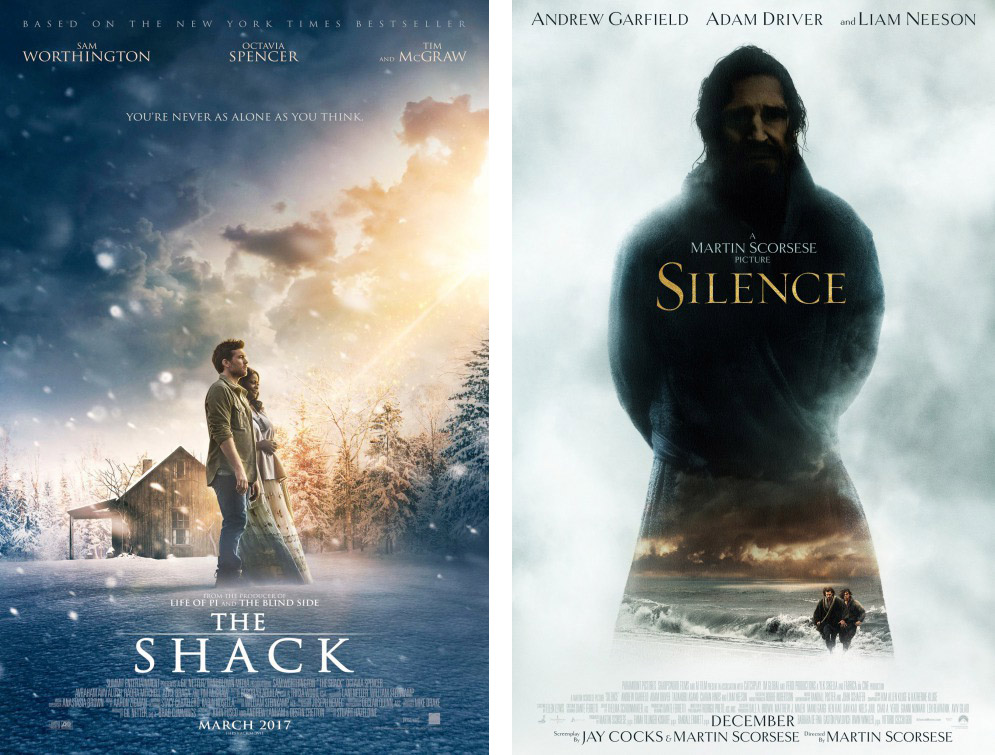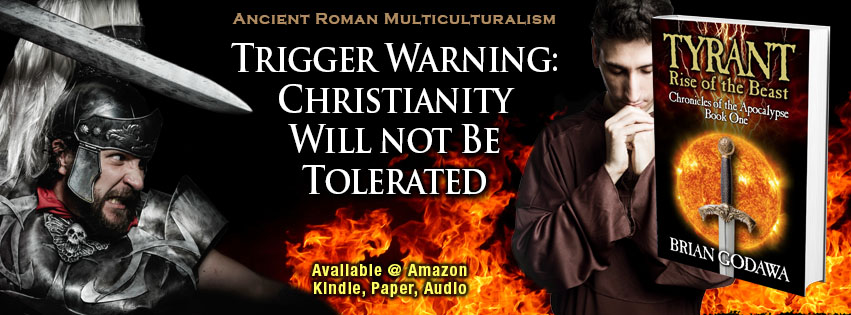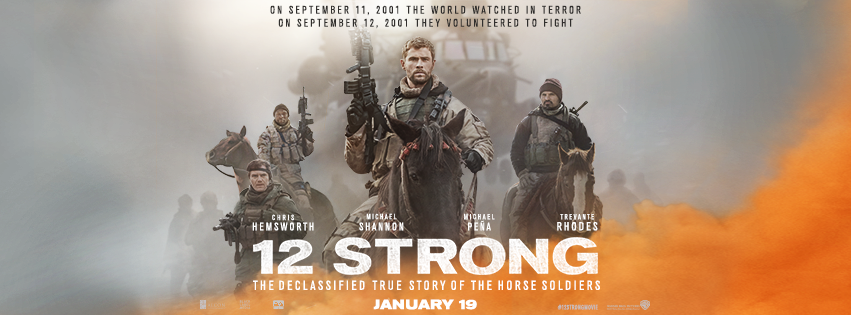
The true story of the first deployment of a special forces team in Afghanistan after 9/11. A mere 12 American soldiers, led by a captain without field experience, join local forces to take down a major Taliban target.
War Movies and the Zeitgeist
I wrote a post on war movies a decade ago, wherein I argued that their themes often reflect current political attitudes of the era — or at least of Hollywood in that era. This isn’t absolute. There is some diversity of views, but there are also clear patterns.
In the 1940s and 50s, war movies tended to support the narrative that war is glory. Killing Nazis after all is a glorious good thing. World War II was indisputably righteous war. There were some “war is hell” themes, but it was a hell worth fighting.
Then in the 60s and 70s the Hollywood slogan became, “war is insanity,” because of the politics of Vietnam. Movies from Dr. Strangelove to Apocalypse Now reinforced that anti-establishment narrative. Sure, there were always some exceptions, but it wasn’t until Saving Private Ryan that war movies could be heroic and patriotic again.
But Ryan started a new kind of diluted patriotism, with a shift away from the higher cause of one’s country to the individualistic commitment to one’s fighting buddies, the man next to you, became your purpose, not the flag. The patriotic value of a higher cause faded into the background of relativistic rejection of transcendent causes. It was a movie version of being against war, but “supporting the soldiers.” Even good war movies like We Were Soldiers and Blackhawk Down suffered from this myopic individualism.
In recent years, Hollywood has tried to cast the American military as a tool of a nationalistic imperialistic military industrial complex of sadistic corrupt leaders and poor sucker soldier pawns destroyed by PTSD. Witness movies like Redacted, Lions for Lambs, War Machine, In the Valley of Elah, all failures because Americans don’t believe the Lie.
Return to a Higher Cause
But recently, with American Sniper, Hacksaw Ridge, Dunkirk, 13 Hours, and now 12 Strong, we have a resurgence of a more nuanced balance of just war theory. These movies deal honestly with the imperfections of humanity, but focus on a return to an understanding of righteous violence and the transcendence of a higher cause of fighting for freedom and one’s country again.
They do not shy from showing the truth that even though we are morally obligated to kill evil men and evil communities bent on destruction and murder, it is not without collateral damage on the human psyche of those involved. But these movies affirm that the noble cause of one’s country, the higher purpose of freedom and justice, is a price worth paying to protect the innocent.
Of course, these were all elementary ideas of yesteryear. But in today’s climate of American self-hating War on Masculinity, and left wing postcolonial Marxist university theories indoctrinating the youth from high school on, those elementary truths are now a sort of profound divine revelation into a world of darkness.
Not to mention how the notion of confronting widespread Islamic imperialism and oppression around the world has become a No-No for Left Wing Hollywood, bent as it is on hating Judeo-Christian western civilization.
Justice is Masculine
But there are exceptions. Thank God. Hollywood may be dominated by Anti-American regressives, but it is not monolithic. There is a resistance within. Truth does get released at times. There are individuals who do not follow the herd off the cliff of left wing delusion.
12 Strong is a rare example of that unleashed truth.
It is a return to masculine righteousness in the face of worldwide Islamic evil.
And boy, do we need this right now. Not just because of the war on masculinity that wants to turn all men into women because of the evil excess of the Harvey Weinsteins of the world, but because of our culture’s cowering to Islamic supremacy. You know, criticism of Islam is “Islamophobia,” and Feminist submission to Islamic oppression of women.
12 Strong is a battle movie, plain and simple. Lots of gun battles, soldiers’ comaraderie, and strategy meetings of generals over maps discussing the odds. And cool action sequences of modern soldiers on horseback in rugged terrain shooting automatic rifles. In other words, a classic war movie about a small unit of American soldiers fighting the real enemy that exists in this world, with grit, honor and duty.
We see the captain taking the lead in battle, men considering it an honor to do a mission that they will most likely not survive, and all of them doing it for their loved ones and their country. Yeah, that’s right, the country that too much of Hollywood considers a shithole.
Well, not this time. Thanks, producer Jerry Bruckheimer, director Nicolai Fuglsig, writers Ted Tally, Peter Craig, and the cast for your courage.
The heart and soul of this story is justice, as embodied in the simple talisman of a piece of twisted melted metal from the Twin Towers that a general gives the captain of the unit, played brilliantly by Chris Hemsworth.
At the end of the story, after conquering the enemy, the captain buries that piece of metal into the dirt of Afghanistan as a spiritual homing beacon for justice.
But as one of the soldiers says at the end, “We won the battle. We still gotta win the war.” And that is a near impossible war to win in the Afghan “graveyard of empires.” A land where the Afghan warrior tells them, “There is no right choice. Today, you are my ally, tomorrow, you are my enemy.” It is a complex world that illustrates just how difficult it is to win over entrenched evil. Just how impossible are the odds.
But impossible odds are precisely what are overcome in this true story of 12 Strong men, exemplars of the masculine righteousness that is needed to save the world. The impossible can be done when you fight evil for a just cause.
And yes, the price is worth it.
It’s something left wingers and feminist man-haters completely miss with their propaganda of how “white male privilege” is the root of all evil. When they try to deconstruct masculinity into toxicity, when they try to argue that it is men who cause the wars and violence in the world, they suppress the truth that it is also men who stop all the wars and violence in the world. Righteous, masculine men of strength.
And that is what we need more of. 12 Strong is an antidote to the toxic anti-masculinity of the left wing social engineering that is seeking to sissify our culture.
Watch it. Be strong.
